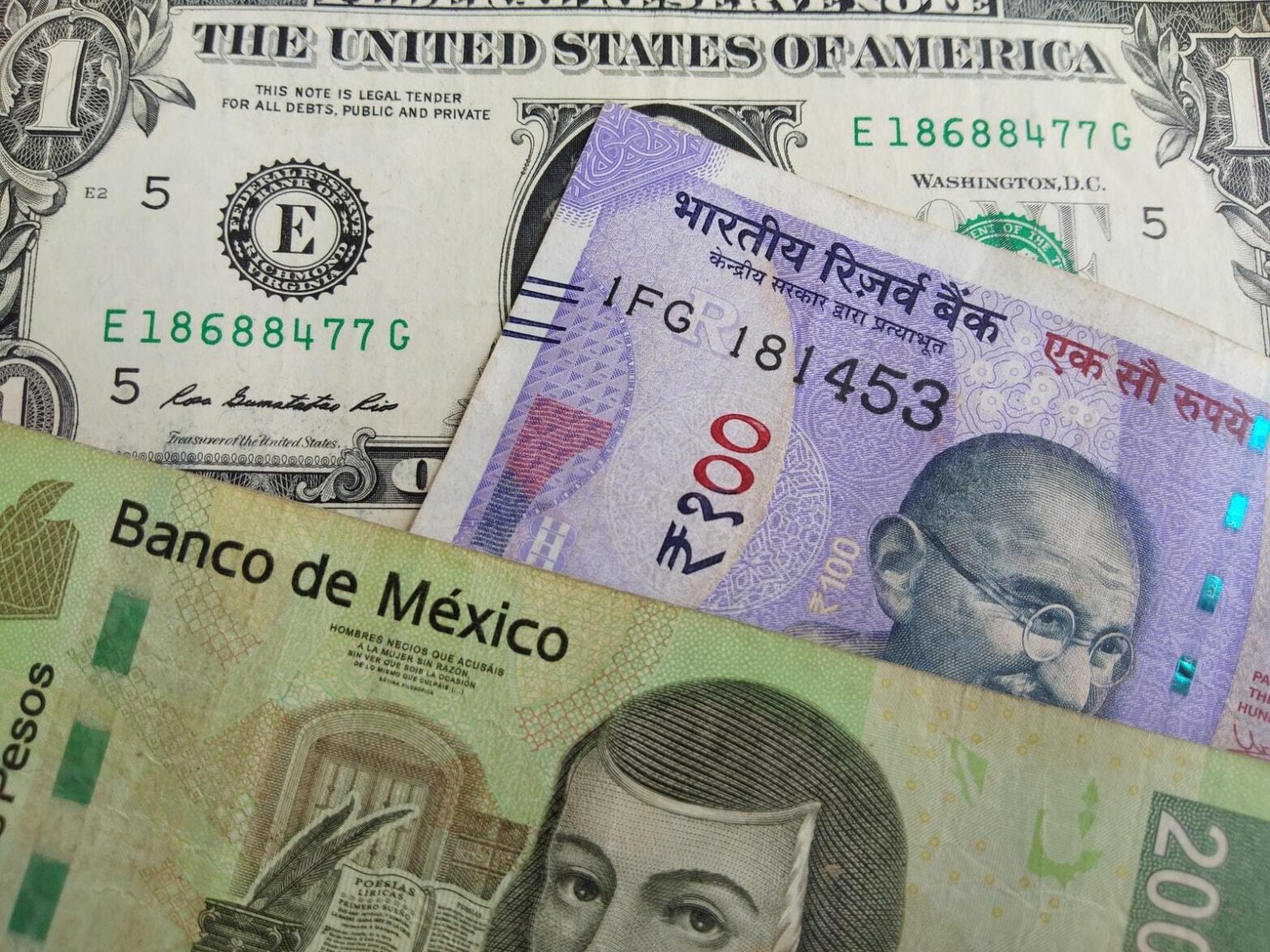The impact technology has on our world is profound and, some might say, immeasurable. Outside our personal lives, it continues to change industries and global markets at a rapid pace every single day. Foreign exchange, or forex, is one of those financial institutions that are evolving with groundbreaking advancements. But before we can fully appreciate the effects of disruptive technology on forex today and possibly the future, we have to look at how it began.
How Forex Was Traded in the Past
Trading forex is as old as the history of civilizations. In ancient times, people exchanged goods and services for a price, even if that price was represented by raw materials or food. The problem was assigning value fairly — people disagreed on whether or not the items being bartered were equal to each other. To solve this, Thought Co. points out that early civilizations developed commodity money and eventually, metal coins and paper currencies.
This paved the way for an easier exchange between nations. Traders no longer had to lug around heavy commodities like tobacco or cattle to make an even trade. Fast forward to the 17th century, when the first forex market was established in Amsterdam, which allowed for easier exchanges between global markets.
Forex trading in those early days was a far cry from how it is done today. Only large companies and governments who had global recognition, as well as commercial banks and multinational firms, facilitated trading. On top of that, the lack of technology meant communication was slow. Given that forex relies heavily on real-time events, it was difficult for traders to stay informed and minimize their risk.
How Forex is Traded Today
Today’s traders have the luxury of getting updates within minutes. The internet has made it easier to access information and stay updated with local and international news. There are several factors that affect forex rates, such as inflation, debt, and political stability. Knowing these details is essential to evaluating risk, making well-informed and timely decisions, and accurate predictions about the market.
Improved dissemination of information, however, is not the only benefit of technology on forex trading today. You no longer need to be a financial expert to trade currencies as long as you have access to various trading tools and platforms. As a result, large corporations also no longer have monopoly over the market, as anyone who can access the internet can trade in the comfort of their own home. For example, Scope Markets, which launched in Kenya last year, highlights that even young investors can benefit from trading platforms. With the proper training and mentorship, beginner investors can lean on the forex market to generate income and secure their future.
Even robots are currently being used in trading. FXCM’s feature on forex robots discusses how they are designed to determine the best conditions in which to trade. On top of that, forex robots are programmed to automate orders as well as manage profits and losses. This state-of-the-art technology can increase precision, eliminate error, as well as temper human emotion, which can lead to emotional trading. All in all, forex robots and other disruptive tech are there to help traders turn a profit in ways that weren’t possible decades ago.
How Forex Will Be Traded in the Future
The foreign exchange market has come a long way, thanks in large part to technological advancements. Robots and artificial intelligence will continue to improve in terms of data analysis, so that traders can carefully focus on each transaction.
Experts from CEO Today predict that the 5G network will empower high-frequency forex traders to make even faster decisions. Furthermore, technology is set to make forex trading easier to understand and even more accessible to varying demographics around the globe.
